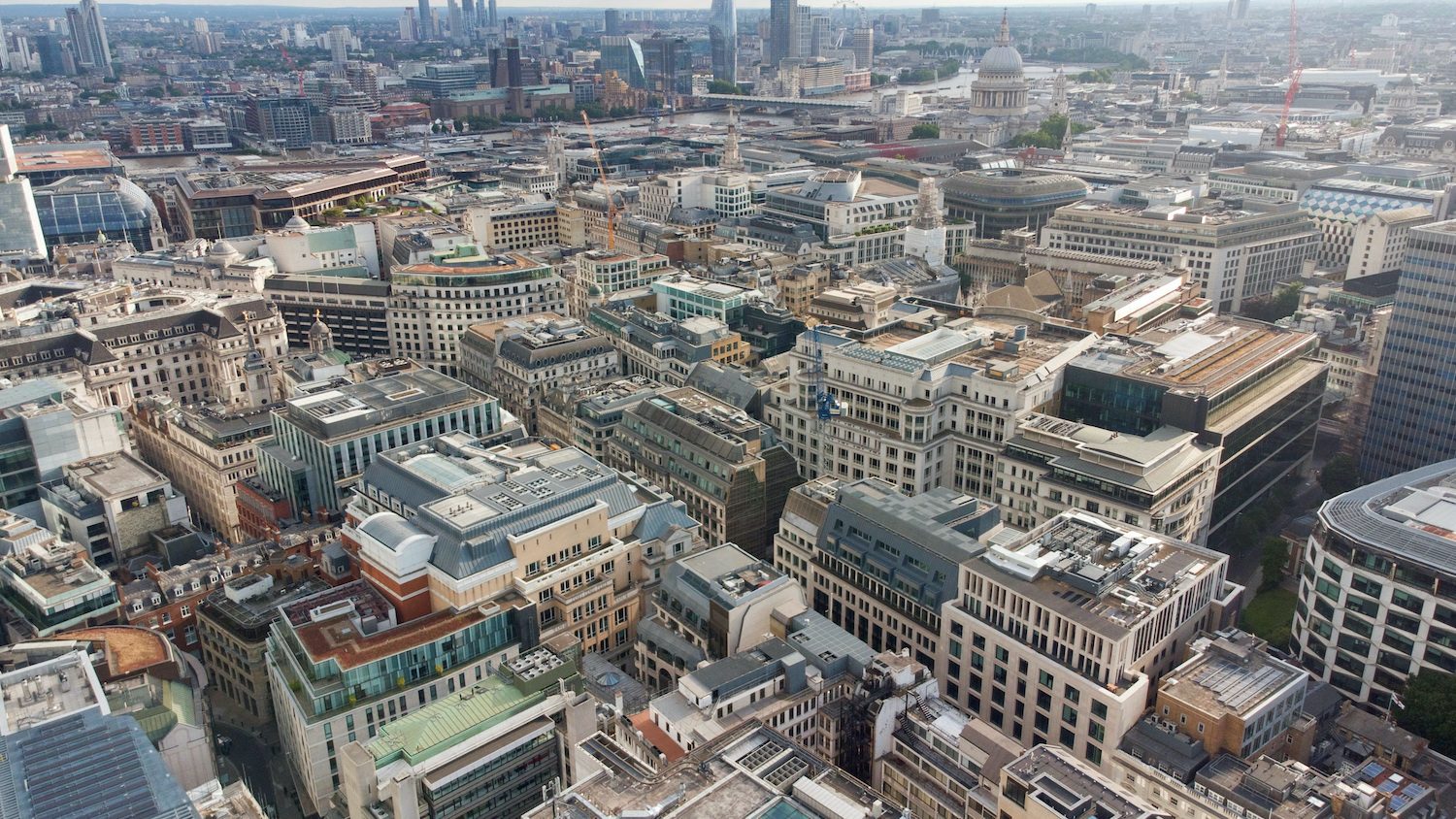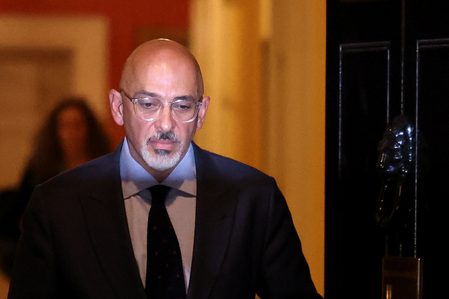SUMMARY
This is AI generated summarization, which may have errors. For context, always refer to the full article.

LONDON, United Kingdom – The resignation of Prime Minister Boris Johnson deepens the uncertainty hanging over Britain’s economy, already under strain from an inflation rate heading for double digits, the risk of a recession, and Brexit.
The race to replace Johnson, who announced on Thursday, July 7, that he would quit office, could take weeks. That would leave the world’s fifth biggest economy at risk of further drift at a time when sterling is near two-year lows against the dollar and the Bank of England (BoE) is in a dilemma about raising interest rates without damaging economic activity.
The duration of Conservative Party leadership contests varies. Theresa May needed less than three weeks to win after David Cameron quit in 2016 as other contenders dropped out.
But it took Johnson two months to become the new leader after May announced her intention to resign in 2019.
At least half a dozen candidates are expected this time.
Following is a summary of the key questions hanging over the British economy as the political drama plays out.
Inflation
Even more than many other countries, Britain is feeling the pressure of an inflation rate running at a 40-year high of 9.1%. The BoE thinks it will top 11% later this year.
The International Monetary Fund said in April that Britain faced more persistent inflation, as well as slower growth, than any other major economy in 2023.
Sterling’s recent fall has added to the inflation pressures since then, although the prospect of increased public spending or tax cuts to shore up the Conservative Party’s fortunes pushed up the pound a bit on Thursday.
But whoever replaces Johnson can only do so much to offset the impact of the surge in global energy and food prices.
Fiscal policy
Whoever succeeds Johnson must take big decisions on tax and spending that could reduce the risk of a recession but might also add to the inflationary heat in the economy.
When he quit as finance minister on Tuesday, July 5, Rishi Sunak said he had disagreed over policy with Johnson, who had long pushed for more tax cuts. Sunak’s short-term priority before he resigned was to ease the burden of Britain’s debt, which jumped above 2 trillion pounds during the coronavirus pandemic.
Analysts at US bank Citi said they expected Conservative Party leadership contenders Priti Patel and Liz Truss, who served as Johnson’s interior and foreign ministers, might call for quick tax cuts and higher spending, while Sunak and former health minister Sajid Javid were likely to be more fiscally cautious.
The long-term implications of their decisions will be high.
Britain’s budget watchdog said on Thursday that debt could more than triple to almost 320% of gross domestic product in 50 years’ time if future governments do not tighten fiscal policy.
Brexit
More than six years after Britain voted to leave the European Union, London and Brussels remain at loggerheads due to Johnson’s insistence on rewriting the rules – which he agreed to in 2019 – for trade involving Northern Ireland.
The possibility of improved relations with the EU under a new prime minister has prompted some economists to pencil in stronger British exports and investment although any changes in the overall trading relationship are likely to be modest.
Furthermore, some front-runners to replace Johnson, chiefly foreign minister Truss, publicly backed his combative stance towards the EU.
Bank of England
Britain’s central bank has raised interest rates five times since December, its steepest run of hikes in 25 years, and it has signaled it will keep on increasing them, possibly by as much as half a percentage point at its next meeting in August.
But the risk of a global economic slowdown has recently reduced bets by investors on that kind of big move by the BoE. Uncertainty over Britain’s fiscal policy direction could provide another reason for caution.
More political chaos?
While the exit of Johnson ends another chapter in one of the most tumultuous periods in modern British political history, it remains to be seen if his successor can calm things down.
Kallum Pickering, an analyst at Berenberg, said Britain’s economy would benefit if Johnson was replaced by “a more diligent and serious individual.”
But the Citi analysts said they were skeptical that the different factions within the Conservative Party would unify around a clear strategy.
“In the months ahead, we see a UK heading into a once-in-a-generation squeeze in living standards, absent a defined strategy, and facing deep governmental division. The risk of profound policy error is therefore significant,” they said.
“An early election should also not be discounted, though we still expect a contest only in 2024.” – Rappler.com
Add a comment
How does this make you feel?





![[EDITORIAL] US Supreme Court on Trump’s immunity: Punyal sa puso ng Amerika](https://www.rappler.com/tachyon/2024/07/animated-trump-scotus-presidential-immunity-carousel.jpg?resize=257%2C257&crop=263px%2C0px%2C720px%2C720px)

There are no comments yet. Add your comment to start the conversation.